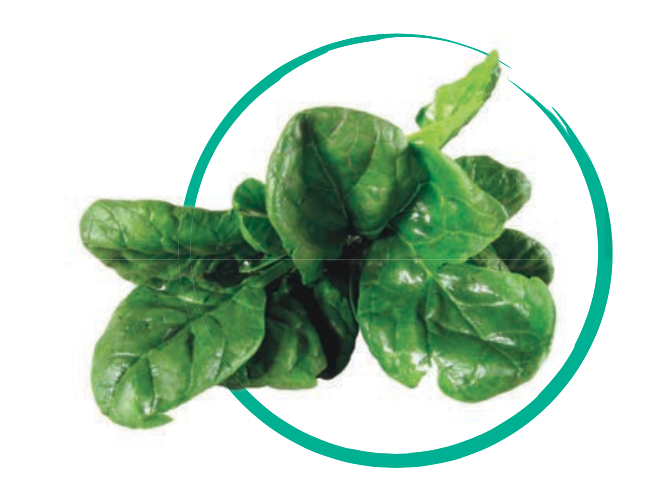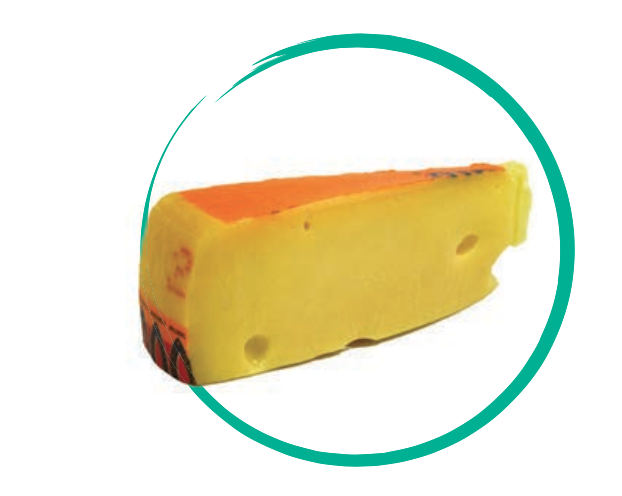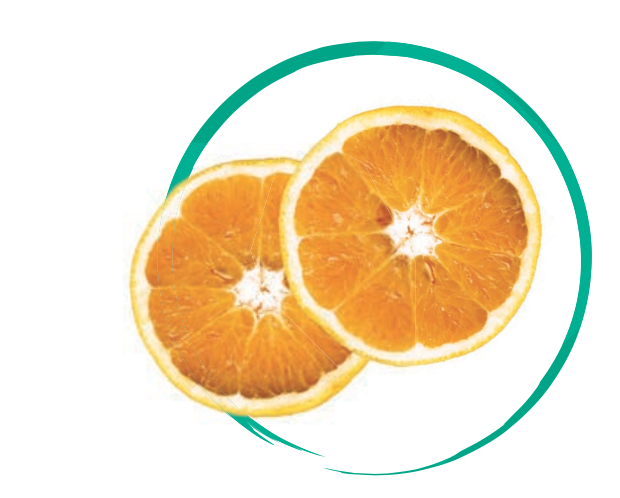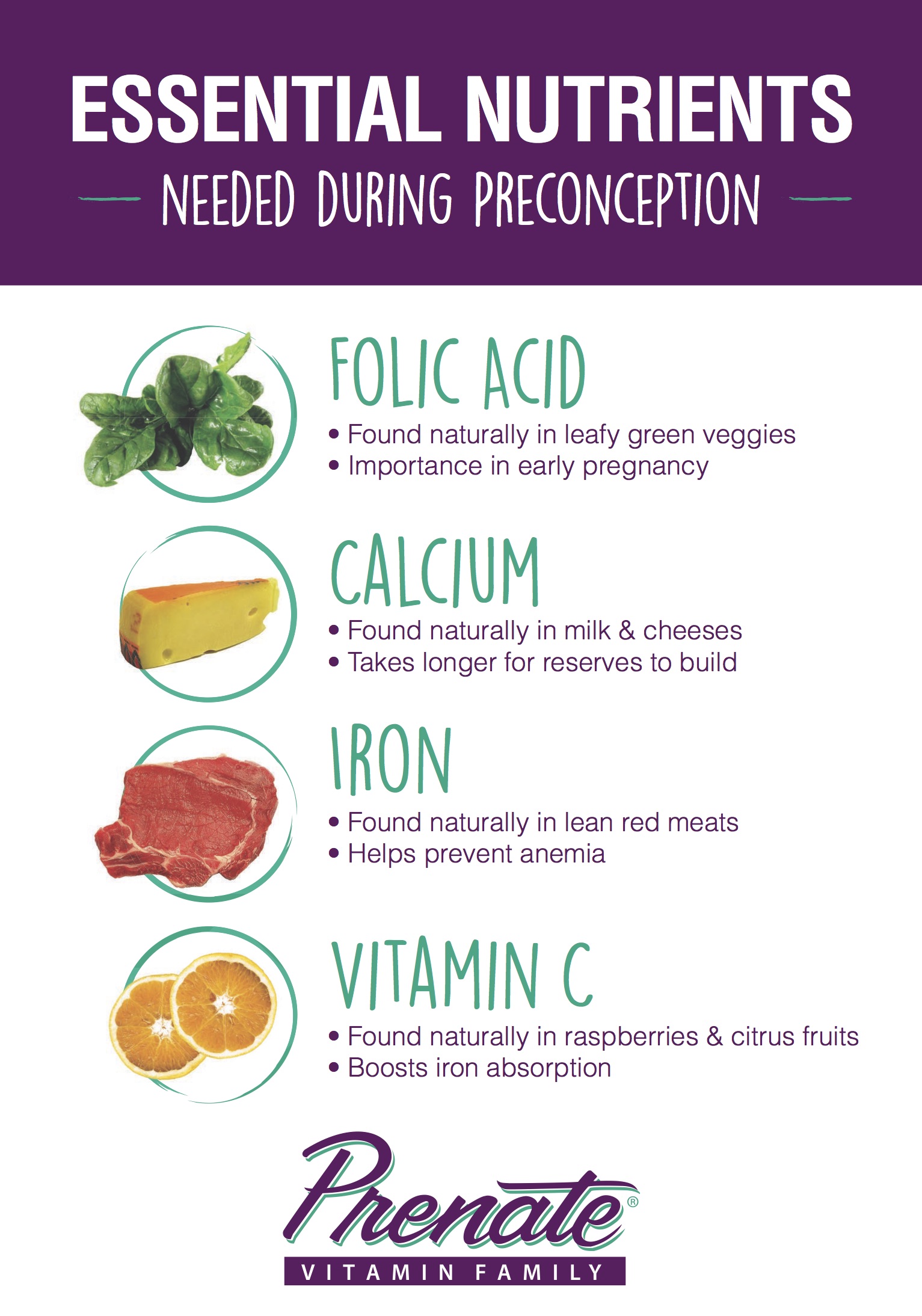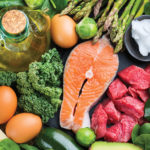Essential Nutrients for Your Prenatal Diet: Preconception
April 27, 2016
For women thinking about becoming pregnant, two to three months before conception is an ideal time to start focusing on diet and nutrition. It also is the time to cut back on and eventually eliminate alcohol and smoking from your daily routine. Eating a well-balanced diet with plenty of whole grains, veggies, fruit and lean protein can help prepare your body for pregnancy.
These essential nutrients should be included in every prenatal diet:
Folic Acid
Leafy green vegetables, such as spinach and kale, are excellent natural sources of folic acid. The U.S. Food and Drug Administration recommends that pregnant women consume 800 mcg of folate daily during pregnancy.1 Folic acid plays a critical role very early in pregnancy. The development and closure of a baby’s neural tube (which eventually becomes the spine) occurs between day 14 and day 28 of pregnancy. Folic acid levels impact neural tube closure and because this development occurs so early in pregnancy, a mom-to-be need to make sure she is consuming an adequate amount of folic acid before conception.
Calcium
Milk and cheese are excellent natural sources of calcium, which strengthens bones and teeth in both mothers and babies. The U.S. Food and Drug Administration recommends that pregnant women get 1,300 mg of calcium daily during pregnancy.1
It’s important to start building calcium reserves before becoming pregnant, as it takes longer to build up levels of this mineral in the body. Once a woman is pregnant, her baby will draw calcium from her bones if her diet does not include enough of this nutrient and her baby’s needs are not met.2
Iron
Lean red meats are naturally high in iron. Legumes, vegetables and grains are other natural sources. The U.S. Food and Drug Administration recommends that pregnant women get 18 mg of iron daily.1 During pregnancy, a woman’s blood volume increases 50 percent and her need for hemoglobin is greater. Hemoglobin is a protein that carries oxygen through the blood, and iron plays a critical role in its manufacture. Iron also helps maintain a healthy immune system and prevents anemia.
Vitamin C
Citrus fruits, such as oranges and grapefruit, and berries, especially raspberries, are high in vitamin C. The U.S. Food and Drug Administration recommends that pregnant women get 60 mg of vitamin C daily during pregnancy.1 In addition to acting as an antioxidant to protect and repair cells from damage, vitamin C also boosts iron absorption. A daily glass of orange juice can help your body absorb the iron it needs to prepare for pregnancy.
Fill Nutritional Gaps with Prenatal Vitamins for Preconception
While a balanced diet is preferred, some women may have trouble meeting their daily recommended intakes for certain vitamins and minerals. The Prenate® Vitamin Family offers a line of prenatal vitamins that are designed to carry moms and babies through preconception to pregnancy and into the weeks and months after delivery.
The Prenate® Vitamin Family can help you start strong with robust doses of key nutrients. Prenate Pixie® is a small softgel prenatal vitamin that can be taken before conception and is mighty enough to support mom and baby through pregnancy. Prenate Mini® is mini-sized but robust softgel prenatal supplement with 14 nutrient forms. Talk to your doctor to see if a prenatal vitamin may be right for you to help fill nutritional gaps.
You Are About To Leave This Website
By clicking continue, this link will take you to a website to which Alora Pharmaceuticals Policies & Terms of Use do not apply. Alora and its subsidiaries do not control the content or accuracy of third-party websites and assume no responsibility for their use.



